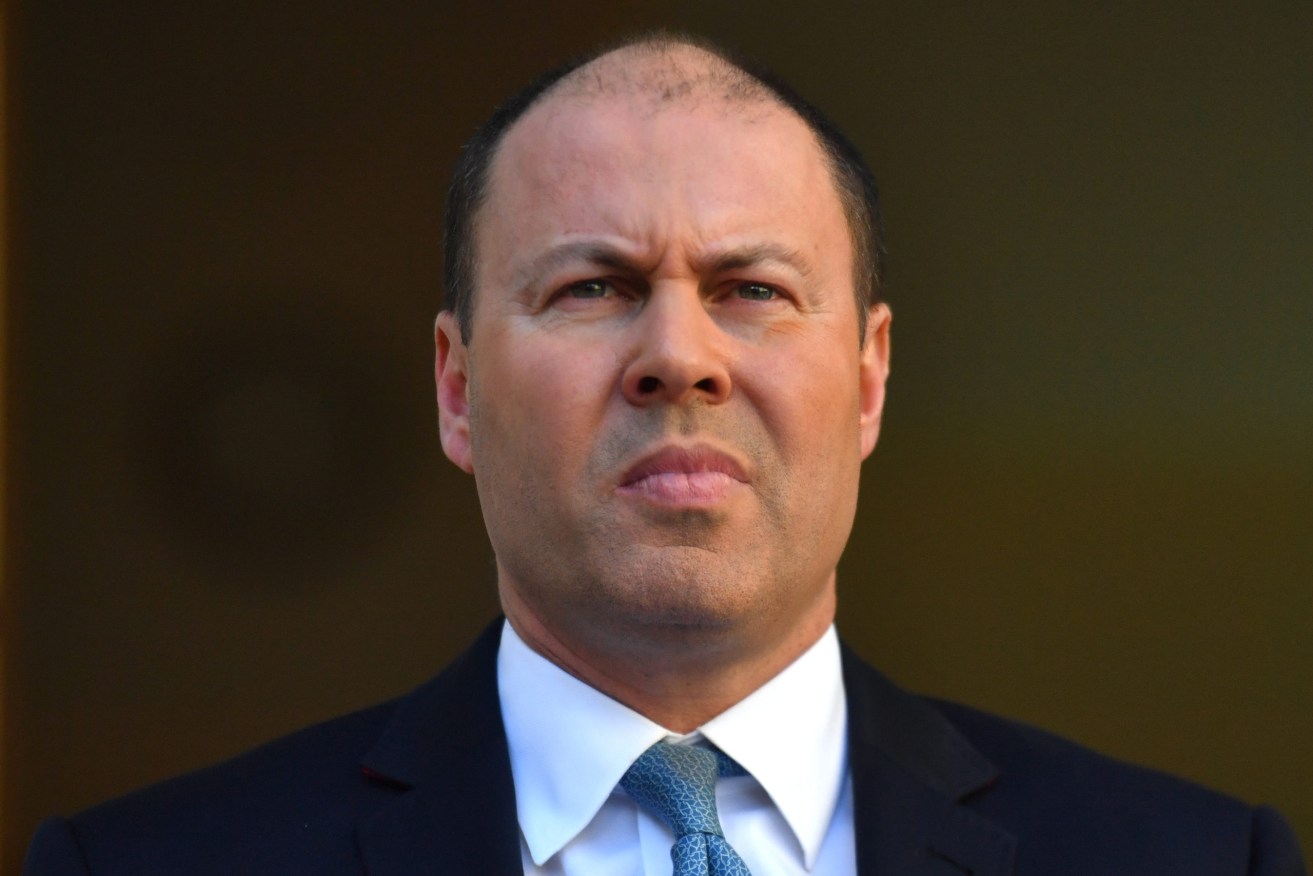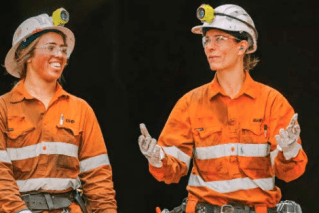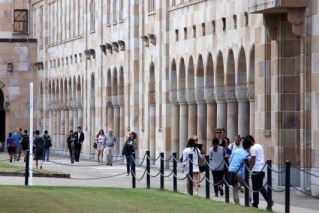Want to save time? Don’t bother reading stories about tax reform – except this one
Everyone seems to agree we need tax reform. But just not now, writes Robert MacDonald


Treasurer Josh Frydenberg has been quick to dismiss suggestions GST reforms should be revisited. (Photo: AAP Image/Mick Tsikas)
Here’s a tip if you want to save some time – skip over any news story you see with the headline “Time for tax reform”, or something similar – except this one perhaps.
Not that it isn’t time for tax reform. It’s always time for tax reform.
Everyone knows the current system’s got big problems – from taxes that discourage business investment, such as payroll tax and stamp duty, to the sheer complexity of tax law.
But everyone’s also got a vested interest, or a barrow to push.
One person’s tax victory – say, getting rid of cash refunds for excess franking credits – is another’s loss – say, a self-funded retiree.
Which means nothing much ever changes despite all the words written about the need for change.
But the longer and slower the recovery from the pandemic, the louder will be the calls for radical changes to the current system. Desperate times require bold action.
And who knows? Perhaps it can actually happen this time. Perhaps times are indeed so desperate politicians will finally take the hard decisions to improve our system.
Big four accounting firm PwC hopes so.
It published a report in June titled, “Where next for Australia’s tax system? How our tax system can reboot prosperity for Australia.”
The report notes that “successive independent reviews of Australia’s tax system have highlighted a myriad of systemic problems, yet the politics of reform have generally proven insurmountable.”
The problem, in language that only accountants could come up with, is that:
“There has not been sufficient political will or public interest to undertake holistic and structural tax reform, where such tax reform might not align with each stakeholder’s preferred outcomes and so some form of status quo has prevailed.”
But PwC is optimistic that this time it could be different, that the ‘burning platform’ of the COVID-19 crisis “might encourage policy decision‑makers today to necessarily challenge the status quo”.
“Governments have been given a ‘pass’ to do what is right in these unusual circumstances, often defying traditional stereotypes and entrenched positions,” the PwC report claims.
“This opportunity to step outside convention should be used to overcome the barriers to tax reform that have existed over the past two decades.”
Well, possibly, but whatever PwC’s rose-coloured glasses view of the world, there’s no sign the vested interests are any less self-interested than ever.
Here’s an example:
Last month the NSW Government released a draft report of a review of federal/state financial relations headed by former Telstra CEO David Thodey.
It suggested, among other things, electric vehicle owners pay a road tax, in lieu of the fuel excise levy, which owners of internal combustion-powered vehicles pay, and which raises close to $13 billion a year.
The Australian Electric Vehicle Association response was predictably swift.
It argued electric vehicle owners were already playing plenty or tax, “due in part to the lack of federal EV policies, as well as Australia’s small right-hand-drive market, which makes EVs significantly more expensive than equivalent internal combustion vehicles.”
And that meant buyers of electric vehicles end up paying more GST and stamp duty and sometimes even the luxury car tax.
In other words, they were paying more because they were buying a still-niche product that wasn’t being sufficiently subsidised by the Government.
If you’re not moved by that argument, what about this one: electric vehicle owners shouldn’t be taxed for being virtuous.
Here’s the AEVA’s argument:
“Much like alcohol and tobacco, combustion of liquid fossil fuels is a bad idea for both health and climate reasons, so the fuel excise serves as a disincentive to consume it.
“Drivers of EVs don’t consume petrol or diesel, so it’s hardly an injustice for everyone else.
“Non-smokers aren’t singled out for shirking their civic responsibilities just because they don’t pay tobacco excise, and nor should EV drivers be taken to task for not consuming petrol.”
Whether you agree with these arguments or not, just imagine the fury when the tax reform debate moves on to such perennially contentious topics as wealth and land taxes.
Or even revisiting the Goods and Services Tax, an idea floated by the recent NSW Government’s review of federal/states relations and quickly rejected by Federal Treasurer Josh Frydenberg.
PwC acknowledges the immediate challenges of trying to make big changes and accepts that “tax reform in the middle of an economic shock will pose another level of disruption to businesses already being asked to change in so many ways.”
“However, this does not mean that Australia’s leaders shouldn’t act. Now is the time to plan for reforms as the nation emerges from the immediate crisis.”
And so, perhaps the headline should read, “Time for tax reform … but just not yet”.
That might be a story worth reading, if you’re feeling as optimistic as PwC.
But don’t worry if you skip over it. Nothing’s likely to happen any time soon.












